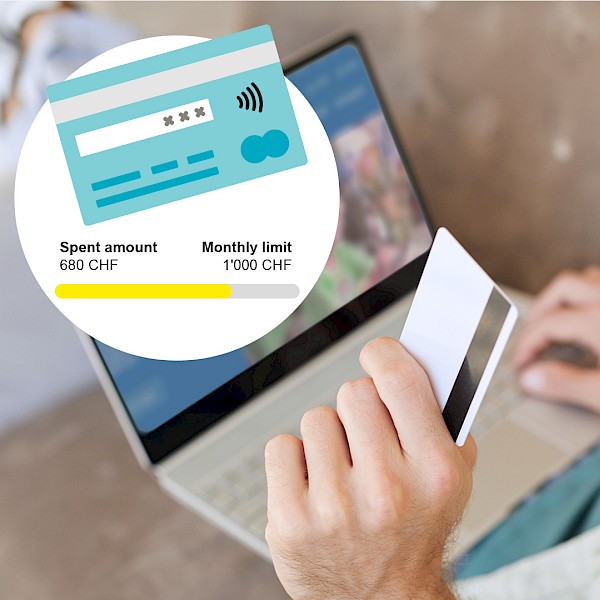Competitions usually promise attractive prizes. But sometimes they are also too good to be true. Behind the big promises is nothing more than a fraudulent game-plan. A recent case shows just how brazen criminals can be.
20.08.2024 –Fraudsters created a fake website that looked like a mobile phone provider's customer portal. They lured their victims to this site via phishing e-mails and obtained the mobile phone’s access data in this way. They then used this access data to create digital SIM cards in the name of their victims. However, to activate them they needed a code that is only sent to the victim, so they lured their victims to a fake competition website to obtain this code. The victims had to enter the code that was sent to them in order to take part in the supposed competition. This is when the trap was sprung. The perpetrators now had free access to their victims' mobile phones. They were able to intercept text messages with confirmation codes and make card payments at will as long as the card was not blocked.
And the danger doesn’t stop here: The scammers can also use this procedure to gain access to all accounts, email addresses, etc. that need to be verified using a mobile phone. With this in mind: Take great care when entering competitions. Anyone who receives a confirmation code must first read what it is about and who the sender is. Codes must never be passed on.





